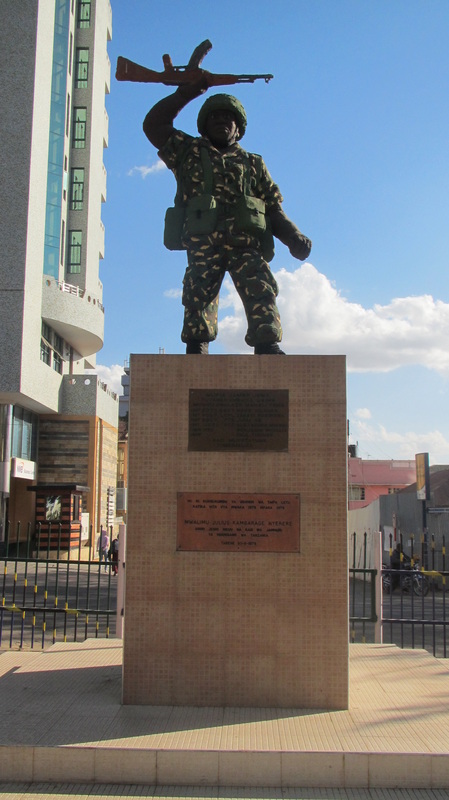In June 2016, we'll be hosting at the University of Calgary an invitation-only workshop to revisit how Canada addresses Africa in its security and development planning and assessment, which then shapes how resources are allocated to the continent, the capabilities available, and the policies pursued. Of course, "security" issues in the African context cannot be separated from development, or, if they are, they are done at the peril of the security-oriented policy objectives.
That said, please visit the workshop webpage here and note that until this event takes place, there will not be any new blog posts here (and various other writing, project, and teaching responsibilities have precluded additions to this blog since 2016).


 RSS Feed
RSS Feed
